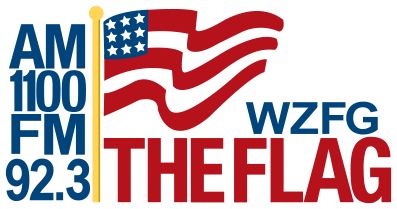This month, North Dakota became one of 11 states to implement the federal Family First Prevention Services Act of 2018. The new federal law prioritizes keeping families together and providing evidence-based prevention and early intervention services and programs to prevent children from entering foster care.
“This is a huge milestone for our state and for the children and families we serve,” said Chris Jones, executive director of the North Dakota Department of Human Services. “I’m grateful for the many people who devoted hours and collaborative work towards implementation of this federal law. This is a true testament that our state places a high priority on keeping children safe and families strong.”
This federal legislation is a significant change to child welfare services nationwide. It allows states and tribes to access additional federal funding to support front-end prevention services. Other provisions of the law include reducing placements of children in residential care, expanding supports for youth transitioning to adulthood, promoting kinship and relative placements, as well as other enhancements to strengthen the child welfare system.
Jones said it’s important that everyone understands this legislation will complement the work that is being done to redesign the delivery of social services, maintain children in the least restrictive, most familiar environments; and shift funding upstream to support prevention efforts, while improving overall child and family outcomes.
North Dakota has spent the last 18 months preparing for the federal law by creating rules and policy and program planning; holding monthly stakeholder meetings and training service providers, public agencies and other partners on the new federal law. The department also held a North Dakota informational meeting in November 2018 and over 400 stakeholders participated in the event, which was held at the state Capitol and streamed live over the Internet.
The implementation effort involved collaboration among multiple entities including county social services, law enforcement agencies, legislators, and placement and service providers. Other key partners include the North Dakota Division of Juvenile Services, North Dakota tribes, juvenile court, county states attorneys and team members from various divisions within the Department of Human Services.
One large piece of the federal legislation was the transformation of residential child care facility providers into qualified residential treatment providers (QRTP). This higher level of care must use a trauma-informed treatment model and employ registered or licensed nursing staff and other licensed clinical staff to meet the treatment needs of children in out-of-home placement. The department also secured a contract with a third-party vendor to complete assessments and to approve or deny placements into the QRTP level of care.
Jones said the department will continue to revise processes during the initial months of implementation to offer clarification and assistance to providers and other stakeholders. Currently, the department is working on the development of a Title IV-E prevention plan to begin accessing federal funding for prevention services.
To learn more about North Dakota’s Family First Prevention Services Act implementation efforts, visit www.nd.gov/dhs/services/childfamily/family-first.html.







